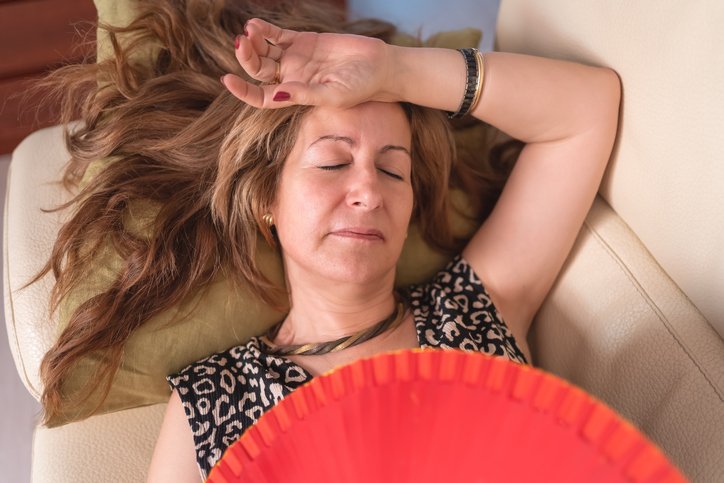Hormones are chemical messengers that regulate nearly every process in the body—from metabolism to mood, reproduction, and bone health. For women, hormonal shifts play a significant role throughout life, from puberty through menopause and beyond. Understanding these changes is key to staying healthy and feeling your best at every age.
Key role of hormones in Women’s Health at various stages
Puberty: Start of Hormonal Change
During puberty, the hypothalamus and pituitary gland signal the ovaries to produce estrogen and progesterone, the primary female sex hormones. These hormones, secreted by the pituitary gland and ovaries, regulate the physical transformations linked to puberty, encompassing breast development, growth of pubic hair, and the onset of menstruation.

ALSO READ: It’s High Time We Talk About Mental Health Issues!
Reproductive Years (20s-30s)
The primary hormones involved in female reproduction are estrogen and progesterone. These hormones are mainly generated in the ovaries and are essential for the development of female secondary sexual traits, the menstrual cycle, and gestation.

Additional hormones such as follicle-stimulating hormone (FSH), luteinizing hormone (LH), along with prolactin, hCG, oxytocin, and vasopressin also contribute to the female reproductive system functions.
30s–40s: Subtle Shifts & Early Perimenopause
In women in their 30s and 40s, slight hormonal changes may signal the onset of perimenopause, the transition period leading up to menopause. Menopause is characterized by 12 consecutive months without a menstrual cycle, while perimenopause is a gradual phase marked by varying hormone levels, especially estrogen.
Key Effects:
-
Slight decline in fertility
-
Hormonal fluctuations may intensify PMS or cause irregular cycles
-
Stress and lifestyle can further disrupt hormone balance (cortisol, insulin)
Perimenopause (Late 30s–50s)
Perimenopause is the natural lead-up to menopause, lasting several years. Hormone levels—especially estrogen and progesterone—fluctuate dramatically.

Common Symptoms:
-
Irregular periods
-
Hot flashes and night sweats
-
Mood swings, anxiety, and sleep issues
-
Vaginal dryness and reduced libido
ALSO READ: Alarming! Experts reveal the Silent Dangers of Coronary Artery Disease
Postmenopause (55+)
Post-menopause, women undergo notable hormonal shifts, mainly a reduction in estrogen and progesterone levels. These hormonal changes may result in various physical and emotional signs, such as hot flashes, sleep issues, and vaginal dryness.














